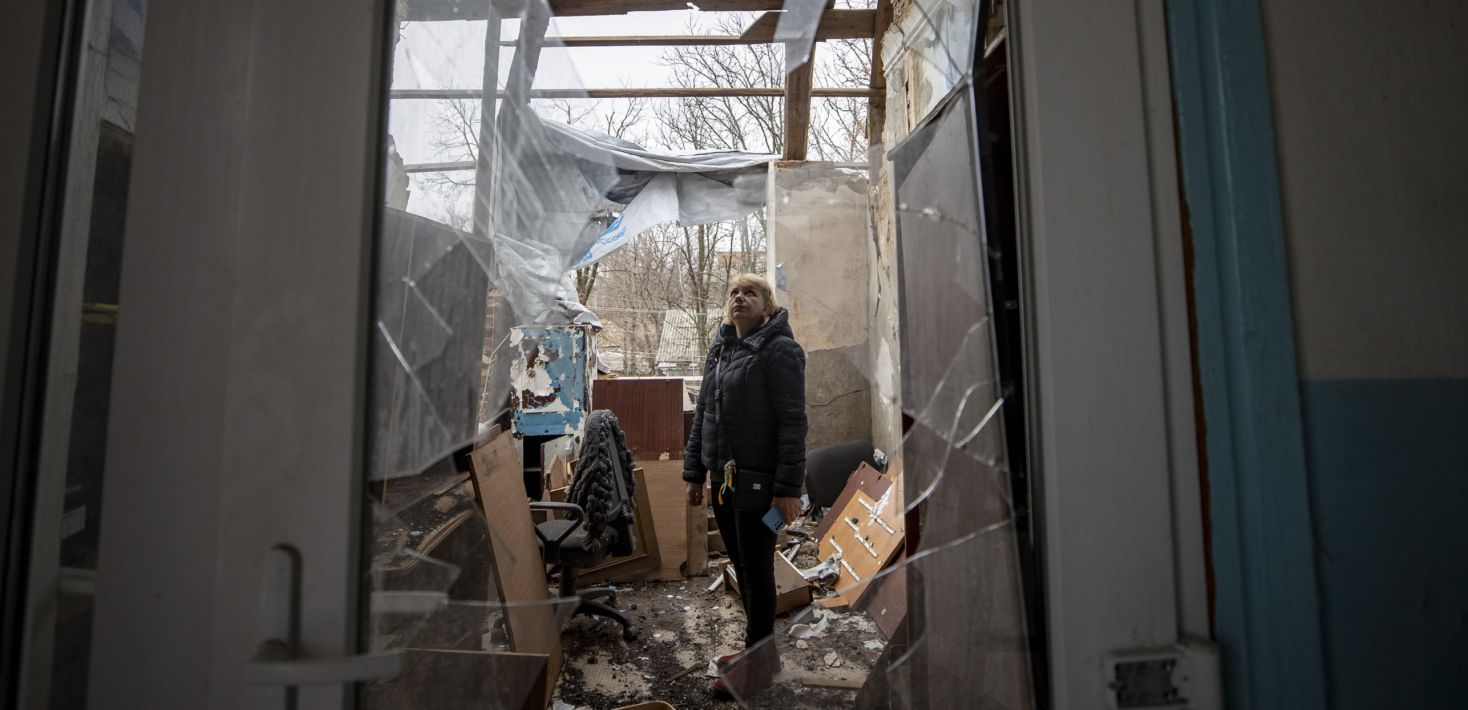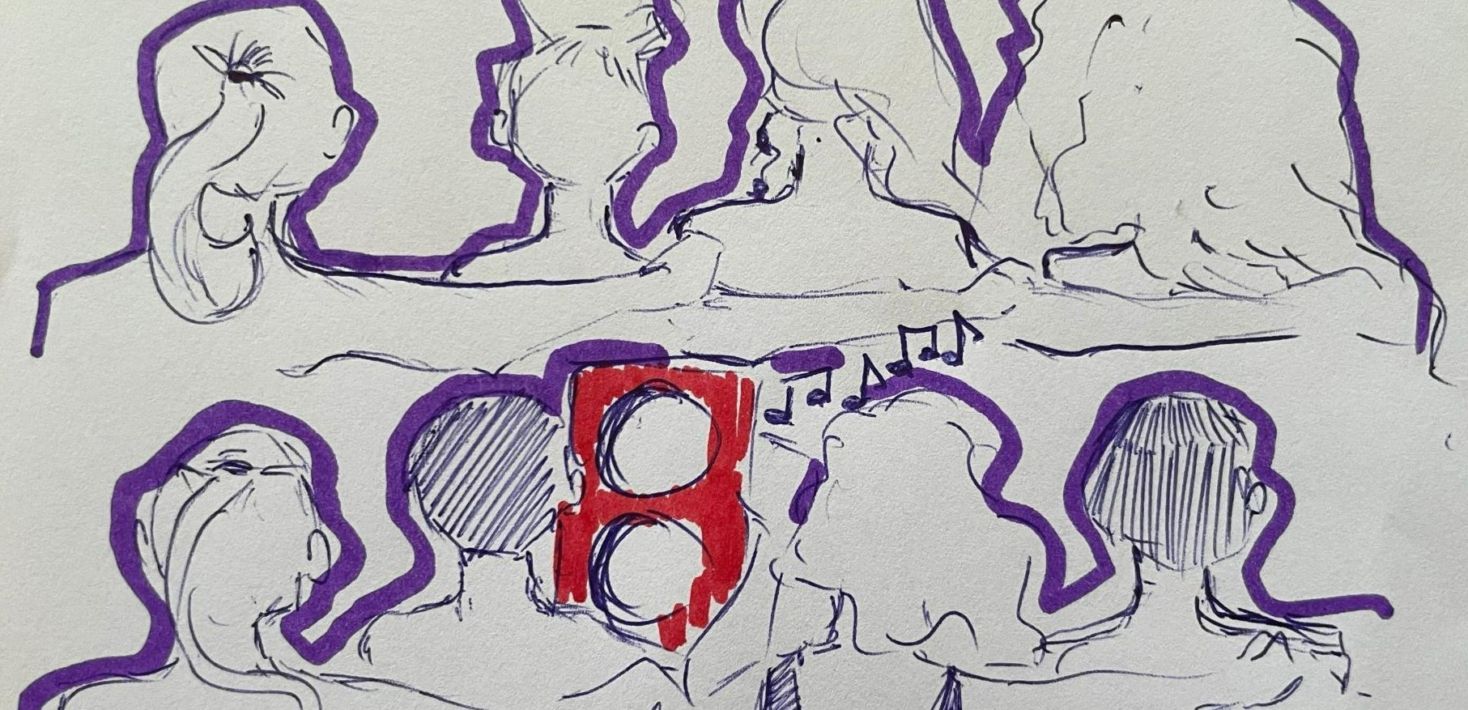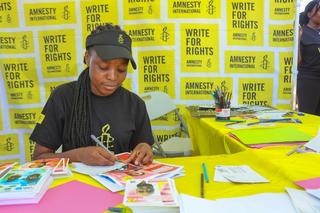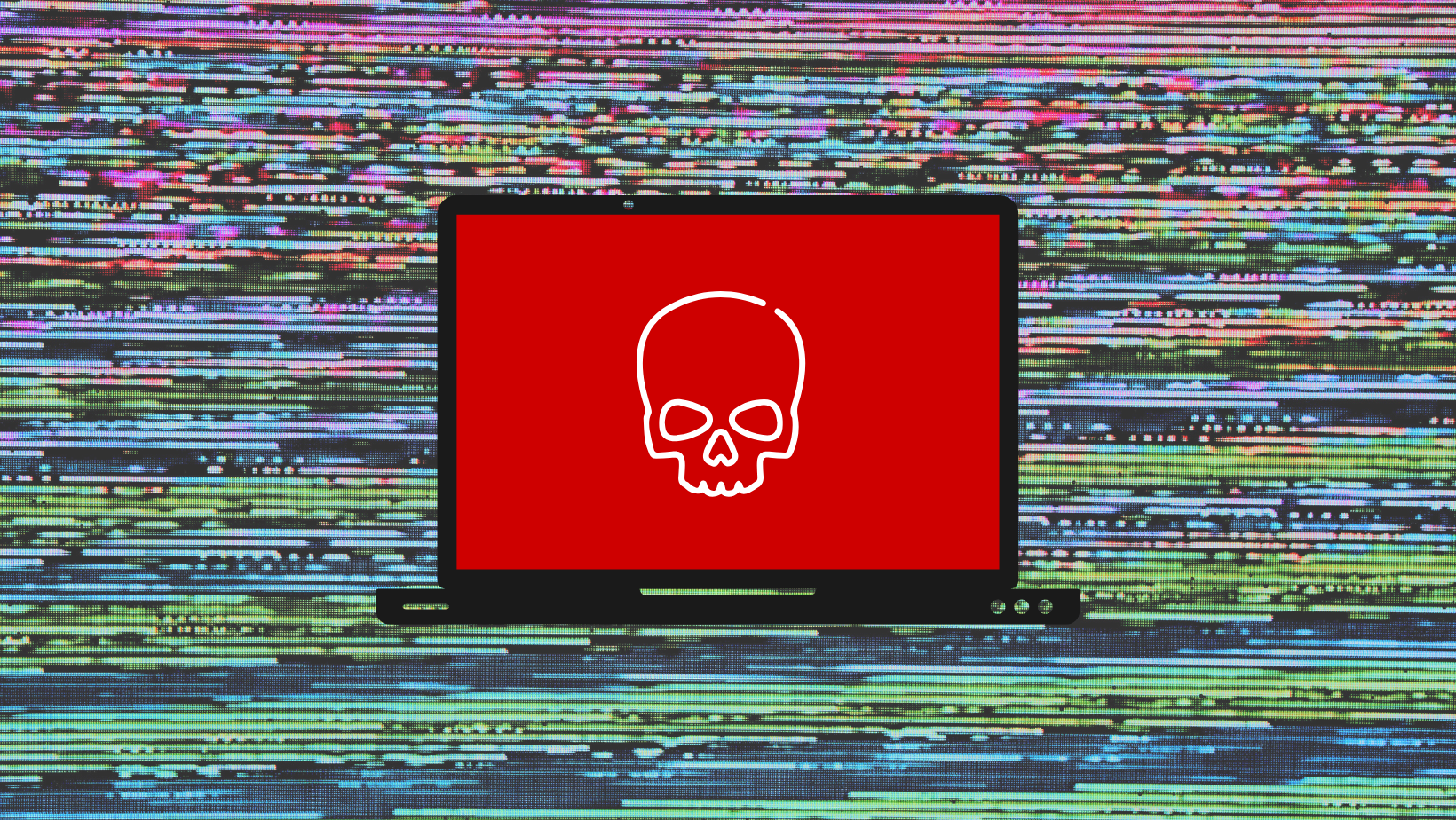7 February 2024
Anna: ‘We frequently have to pause our interviews to flee to a bomb shelter’
Anna Wright works as a researcher for Amnesty International on Ukraine, Belarus and Moldova. Anna has recently been researching the impact of Russia’s full-scale invasion of Ukraine, her home country.
In this essay, Anna shares insights into her work and describes a day in the life of an Amnesty researcher working on a field mission.
“As a Ukrainian researcher based in the UK, I’m not only researching the topics and themes relating to Russia’s aggression of Ukraine, I’m also relating to them and the country as my home. It lends a different perspective to the research, I think.
“I have been working on upholding human rights in Ukraine for a number of years, and I focus on exploring the impact of conflict-related human rights violations. I am currently researching two topics: how the war and occupation have impacted the lives of children and their right to education, and the rights of civilians who are being detained by the occupying forces.
“War leads to abuses on all sides. It goes beyond the obvious, well-documented disruptions such as destruction, air raids, power blackouts, and food and healthcare shortages. Indeed, by halting children’s education, Russia is also damaging the future generations of Ukraine.Anna Wright, Amnesty International researcher
“After the war ends, we will need a new generation to rebuild the country, but due to Russia’s intentional disruption of the education system, Ukrainian children are missing out on basic education. Not only are they unable to access sufficient and safe education, which means they are struggling to develop the skills and knowledge expected of children at their age, but the trauma they have experienced — and will continue to suffer — means there’s a lot to be done to ensure that these children go on to live healthy, fulfilling lives.
“My second project, which I am currently working on with colleagues from the Eastern Europe and Central Asia office, investigates Ukrainian civilians who have been detained for opposing the occupation. Many of them have gone missing without a trace, and have likely been locked up arbitrarily in inhumane conditions that amount to torture.
Working in a warzone
“When carrying out research in the field, mornings are very early. You are lucky if you get to have breakfast. During our most recent trip to research the impact of the invasion on access to education, we would stop at a gas station to get fuel and some food on the way to conduct interviews. This means having a gas station hot dog and coffee for breakfast. This is usually the main food for the day, so you eat what’s there. We often don’t have time for lunch.
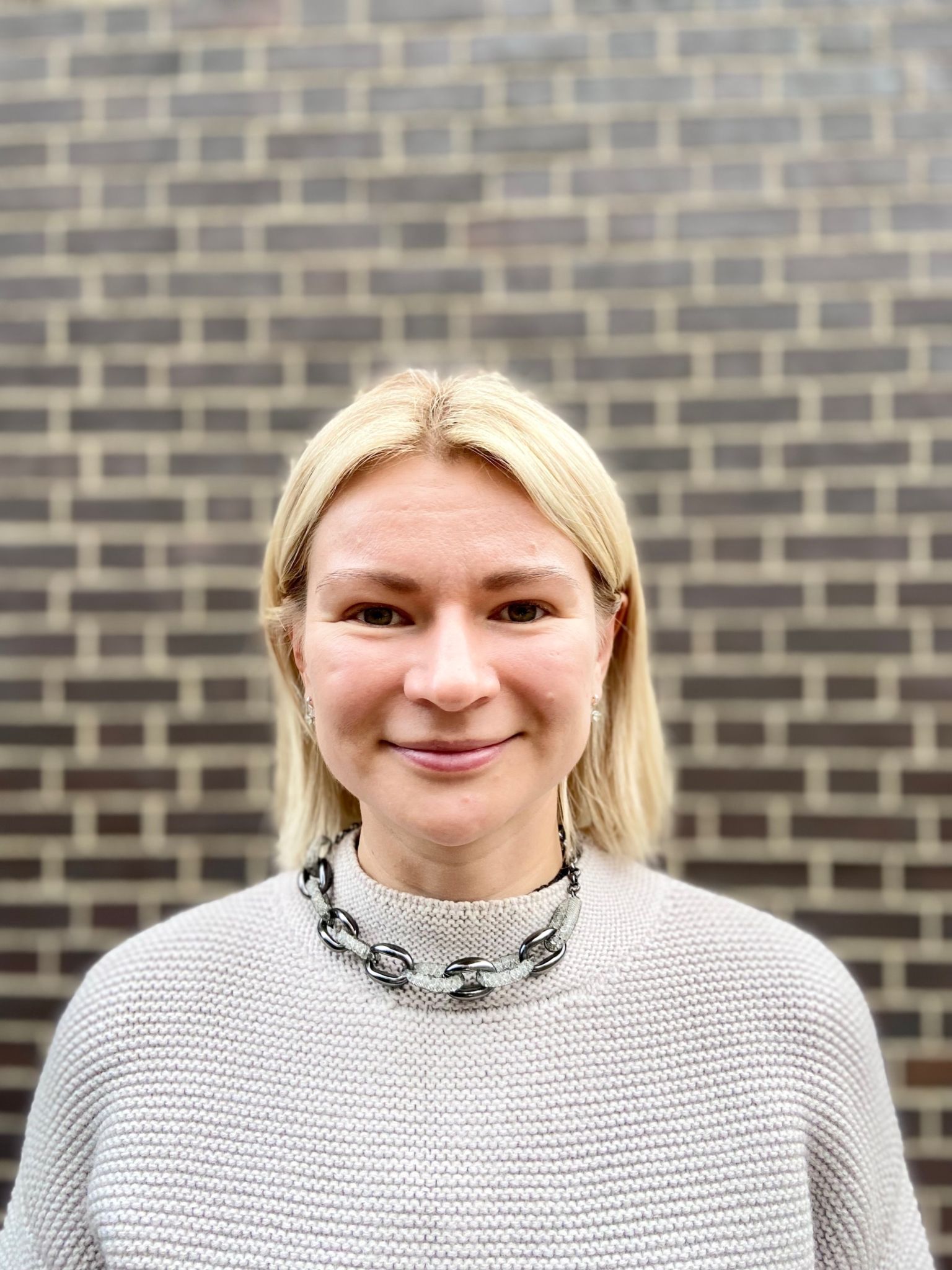
“Once we’ve eaten, we will drive to the first location to conduct interviews. This can be difficult, as often there are air raids and sirens, which means we frequently have to pause our interviews to flee to a bomb shelter.
“With the air raids going off all night, day to day I’m often very tired. However, as tired as I might be, when going into the interviews you know people are going through much worse. They are living in constant fear of attacks, and often don’t feel safe going outside, which means I have to consider conducting interviews in close proximity to a bomb shelter. Among all this, I’m constantly checking in with our security team and colleagues to let them know the team is safe.
“I am aware of my position as a Ukrainian working at home among people who are enduring unimaginable amounts of suffering on a daily basis. I often feel guilty that I’m there for a short time, researching and gathering evidence and then leaving.
“Sometimes, I’ll interview people in an area or region only to read the following week that Russian forces attacked that area. When this happens, you can get lost in worry. Are the people I spoke to okay? Should I call them? Calling from London, I feel worried about coming across as insensitive, but Ukraine is my home, and these are my fellow citizens, so I care a lot.
Women in the field
“As a woman working in the field, there is often extra pressure to ensure I’m perceived well by whomever I am interviewing. I prepare for all eventualities. I think everything through carefully, from clothing choices to having enough supplies to last for the day.
“I plan every step. It becomes easy to overthink each and every choice, but I can be speaking to so many people who work in different fields. There is a lot to consider. For example, it might be practical to dress in practical, utilitarian clothing, but you don’t want in any way your clothes to resemble a military uniform. Then, of course, you want to seem professional, but you don’t want to be perceived in a certain way, especially when crossing military check points. It’s a constant limbo of choices that I’m stuck in.
“I also have to pack snacks, water, a first aid kit, a phone, chargers, voice recording devices and anything else that might be needed. This means that after a long day of interviewing, most evenings are spent working, writing up, completing admin tasks and packing and preparing for the next day.
Security implications
“The security implications of working in the field in an active war zone mean I report to security every morning and throughout the day, sharing all movements so that we can be kept as safe as possible.Anna Wright, Amnesty International researcher
“We essentially work from 7am to 7pm in the field, working from the car as we go between locations. We conduct lots of phone calls from there: checking in with security, speaking to people to arrange interviews, etc.
“We usually finish interviewing around 5pm. While driving back to where we are staying, which can sometimes take hours, we often find a place to have dinner. Thank goodness Ukraine has incredible food!
“Of course, the trip is also fun. You get to learn a lot more about your colleagues, in circumstances that show the real person that you’re working with. You become close and this helps with managing the stress and tiredness. There is always something that happens during the day to make us laugh or smile among the suffering and sorrow we bear witness to. Such is the nature of the resilience, optimism and ferocity of Ukrainian people.”
